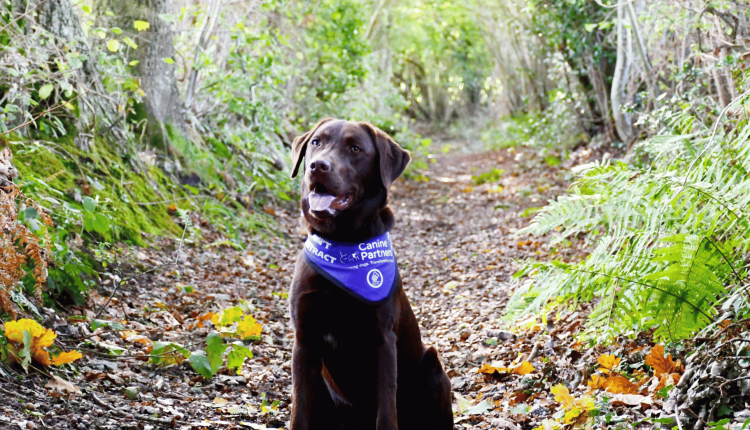Seasonal safety guide – Autumn and Winter
Posted 5 months ago
As the seasons change, so do the risks for our four-legged friends. From conkers to mushrooms, autumn and winter bring hidden hazards that could make your dog seriously ill. Spotting the signs early and knowing what to avoid could save their life.

Our dogs love to explore the world with their mouths, but this curiosity can sometimes put them in danger. As the seasons change, autumn and winter bring new sights smells, and textures for them to investigate – some of which can be harmful.
Fallen conkers and acorns can cause stomach upset or blockages, while fungi and mushrooms can be highly toxic. Yew trees are dangerous (bark, needles, cones, and berries) and seasonal plants like Amaryllis, Autumn Crocus, Chrysanthemums, Ivy, Holly berries, Mistletoe, Poinsettia, and Snowdrops can all make dogs ill if eaten.
These are the most common seasonal plants that can be harmful, but there are always other hazards around. Keep your dog close on walks and never let them eat anything unfamiliar – strong drop and recall commands are key to keeping them safe.
 Symptoms of poisoning:
Symptoms of poisoning:
- Vomiting, diarrhoea or constipation
- Blood in their poo
- Drooling, twitching or tremors
- Seizures or fits
- Low energy or refusing food
- Pale gums
- Struggling to breathe
What to do
If you think your dog has eaten something toxic, don’t wait for symptoms to appear – contact your vet straight away. If possible, take a sample or photo of what they’ve ingested to help with treatment.